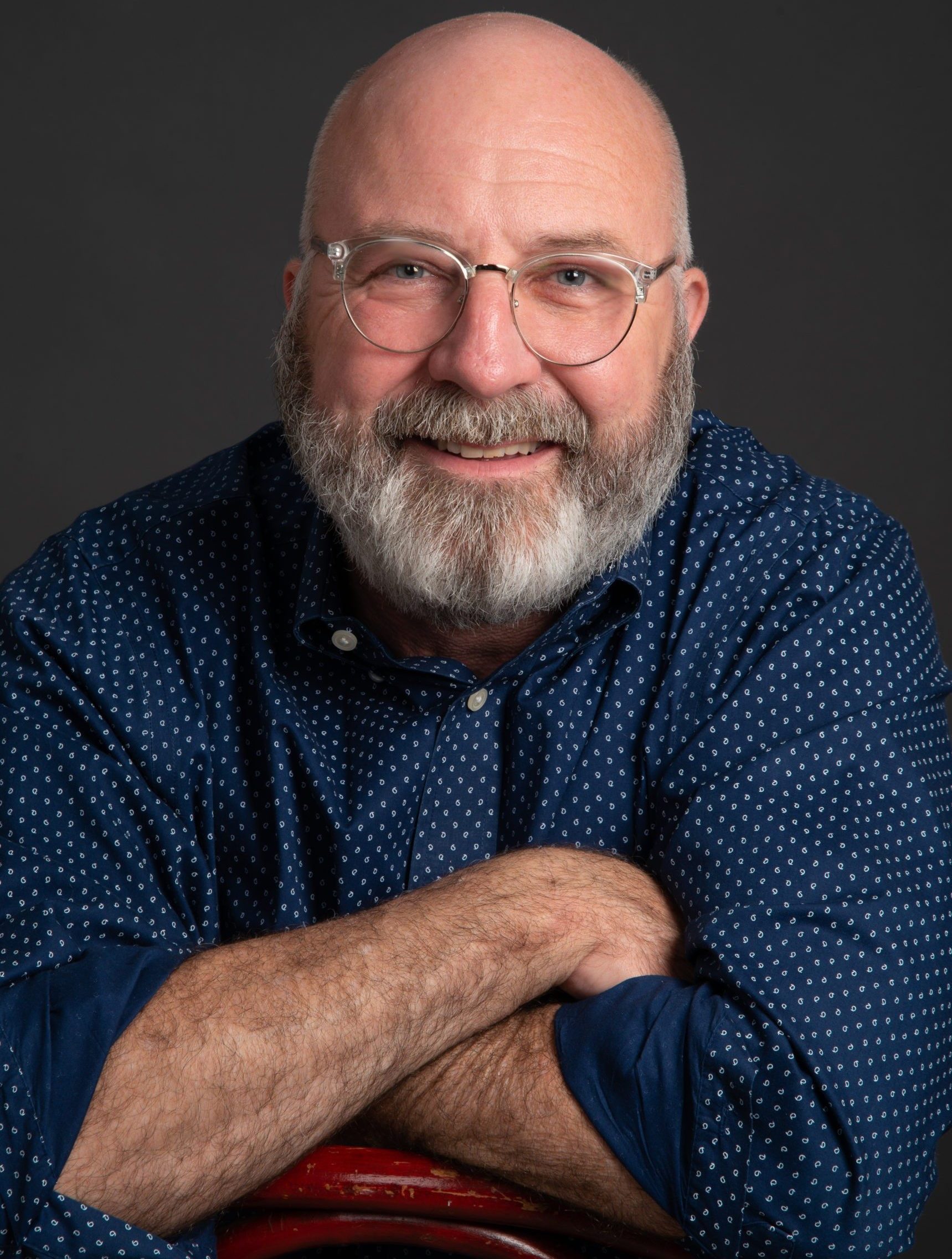On New Year’s Eve, Lake Superior State University released its annual list of English-language words and phrases that should be banished in 2023 because they are overused and trite.
Please don’t call this list the Greatest of All Time or that label’s overused acronym, the GOAT. That’s No. 1 on this year’s naughty list.
Likewise, don’t think this list will lead us to an “inflection point,” be “amazing” or cause us to “move forward.” Those words also need to be banished for overuse, the school said in announcing its somewhat tongue-in-cheek list.

Mark Wingfield
It is distressing that “irregardless” had to make their list — because it’s not even a word. To borrow another banished phrase: “Does that make sense?”
This good humor with words got me thinking of some more serious word adjustments I want to do in the new year. There are well-worn words and phrases I want to work harder to stop using not because they’re naughty (I too often love the naughty words) but because they no longer are nice. They are rooted in making certain people and things normative to the exclusion of others.
Here’s my aspirational list with some explanations. And by the way, I don’t mean these words shouldn’t be used anywhere at all, just that context should matter and we might be able to choose better words from time to time.
Straight. When used to describe a person’s sexual orientation, the word “straight” implies all other orientations are crooked. If you don’t believe gay, lesbian, bisexual and transgender persons are all “crooked,” then choose another word to describe those who are heterosexual — a perfectly good word.
Ladies. I got this one scared out of me a long time ago, and I never, ever use the word “ladies” to describe women. I realize this is a perfectly ordinary word in Southern discourse, but please understand it is not well-received by everyone. The reasons are complex but include the association of this word with prostitution and with sexist roles. The most natural companion to “ladies” is “gentlemen,” so consider how often you hear the word “gentlemen” used compared to “ladies.” See here for more easy alternatives.
Dark. The classic novel begins with, “It was a dark and stormy night,” which is not what I’m talking about here. What I want to work on is removing the use of “dark” to refer only to sinister, evil things — dark plots, living in darkness. In our racialized culture, associating white people with “light” and others with “dark” easily carries over into our metaphors.
Black and white. Same rationale here. We’re accustomed to saying something appears “black and white,” meaning there are two starkly opposing ideas or things. This can easily reinforce the subtle understanding that Black people and white people are not the same. For more discussion on how our culture associates good things with “white” and bad things with “black,” see here.
Crazy. This is a word I easily overuse, calling anyone who has what I consider a far-out opinion “crazy.” What I’m doing, though, is associating bad ideas with mental illness, and the two are not the same. The folks at Penn State Medicine make a compelling case for why this word is loaded with baggage related to mental health and gender.
Crippling. This is a word we journalists love to use as an adjective, as when speaking of “crippling debt.” It’s short and descriptive, but it’s also pejorative against those whose bodies do not function the way most people experience. There are easy substitutions here, such as “crushing.” For a long discussion on other ableist words that are common in our vocabulary, see here.
Guys. This is the hardest one for me to give up as a generic noun for anyone who happens to be around me, as in, “Hey, guys, let’s go get some pizza for dinner.” Problem is, this word is rooted in masculinity and is a gendered description, even though in parts of the United States it has a long history of more generic use. I’ll sacrifice this one on behalf of those who I want to hear me but who might otherwise feel excluded.
Now, if you’ve read all the way to the bottom of this list and you’re shaking your head at me, wondering why I’ve fallen in line with the political correctness police, think about some common words that could be used by others to describe you that you might dislike. And if you can’t think of any, think again.
And if you’re in the mood for a lighthearted quiz on troublesome words, head over to this quiz at The New York Times.
“It doesn’t cost us anything to be kind.”
Word choices matter in our communication. And it doesn’t cost us anything to be kind.
That’s why I just don’t understand why some folks are so resistant to addressing their students, customers, friends and family members with their preferred pronouns. That’s the most basic change we all could make in our language this year. Just respect everyone by addressing them as they see themselves. That doesn’t make you “woke.” It makes you kind.
And finally, consider the language you use for God. We are living in the stream of centuries of masculine language for God, even when our theology does not teach that the godhead has gender. We find expression of the divine in three persons sometimes called Father, Son and Holy Spirit. It is undeniable that God came to earth in human form as a male, but that doesn’t mean God is male — because God is not human.
The only reason to uphold exclusively male pronouns for God is to reinforce gender hierarchies, so that men are above women and boys are above girls. All of us are made in the image of the same God.
So if you don’t like my personal list of words I want to change this year, just start with the basics. Let God be God.
Mark Wingfield serves as executive director and publisher of Baptist News Global. He is the author of the forthcoming book, Honestly: Telling the Truth About the Bible and Ourselves.
Related articles:
Why the use of masculine God language matters at church | Opinion by Ashlan Rogers
How the male-centered image of God marginalizes women and disabled persons | Mallory Challis
Words matter, even when talking about those you hope to empower
God is not a guy and neither am I: male dominance and sexual abuse in churches | Opinion by Jann Aldredge-Clanton


